Belmont Reopening Campaign Garners National Recognition
RICHMOND, Va. (May 11, 2022) – First Tee – Greater Richmond has been named an honorable mention recipient of PR Daily’s Social Media & Digital Awards in the Media Relations Campaign category for its successful Belmont Reopening campaign.
PR Daily’s Social Media & Digital Awards celebrates the teams, organizations and agencies who have redefined the field with their groundbreaking work. First Tee – Greater Richmond was chosen from a wide pool of entries to receive an honorable mention in the media relations campaign for the impact of its Belmont reopening campaign.
The campaign encompassed both traditional and non-traditional media, including article placement with Golf.com, Golfweek, and Golf Digest, podcasts and an event with The Golfers Journal and video features in The Fire Pit Collective. In total, over 40 pieces of earned media generated over 110,000,000 total impressions and over $1 million estimated media value.
“First Tee – Greater Richmond set themselves apart from an outstanding field of applicants. Their work was exceptional and displayed their innovative strategies for achieving success. Congratulations, First Tee – Greater Richmond, and we look forward to your continued success,” said Brendan Gannon, Senior Marketing Manager for Awards Programs at Ragan Communications.
American Humane was the category winner for its Hero Dog Awards campaign. Nominees in the Media Relations Campaign category were:
- ECMC Group: ECMC Group Helps Teens Question The Quo in Education
- Endo International, plc: Endo’s Qwo® (collagenase clostridium histolyticum-aaes): The First and Only FDA-Approved Injectable for Cellulite
- First Tee – Greater Richmond: Belmont Reopening
- Lobeline Communications: The Original Immersive Van Gogh Exhibit
- SlicedBrand: Wasteless – Using AI to eliminate food waste and help the climate
- United States Postal Service: Package Machine Deployment
Belmont reopened on May 24, 2021, with the historic A.W. Tillinghast design reimagined and renovated by Love Golf Design. The course features 12 restored A.W. Tillinghast holes – including 10 original greens complexes, alongside Little Bell, a 6-hole par 3 course; and The Ringer, a reversible 18-hole putting course; a driving range and practice area.
In 2021, Belmont saw 650 youth programming registrations for First Tee – Greater Richmond’s evidence-based life skills programs and camps, serving over 500 area youth. Over 20,000 rounds of golf was played on the property in just seven months from its opening through the end of 2021.
###
About Ragan Communications
Ragan Communications and PR Daily run 15 awards programs each year, including the prestigious PR Daily Awards, Top Women in Communications Awards and Digital Marketing and Social Media Awards. Judged by globally regarded experts and featuring multiple categories, these programs honor the top work in communications, PR, marketing, media and HR.
Ragan Communications has been delivering trusted news, training and intelligence for more than 50 years to internal and external communicators and business executives via its conferences, webinars, training, awards, subscriptions and its membership divisions. Its daily news sites—PRDaily.com, Ragan.com and RaganWellness.com—are read by more than 600,000 internal and external communicators and HR professionals monthly.
About First Tee – Greater Richmond
First Tee – Greater Richmond is a 501(c)(3) nonprofit youth development organization whose mission is to impact the lives of young people by providing educational programs that build character, instill life-enhancing values, and promote healthy choices through the game of golf. Through three major programming areas, the First Tee Life Skills Experience, the First Tee School Program, and collaborative community partnerships, First Tee – Greater Richmond reached more than 70,050 youth in 2021.

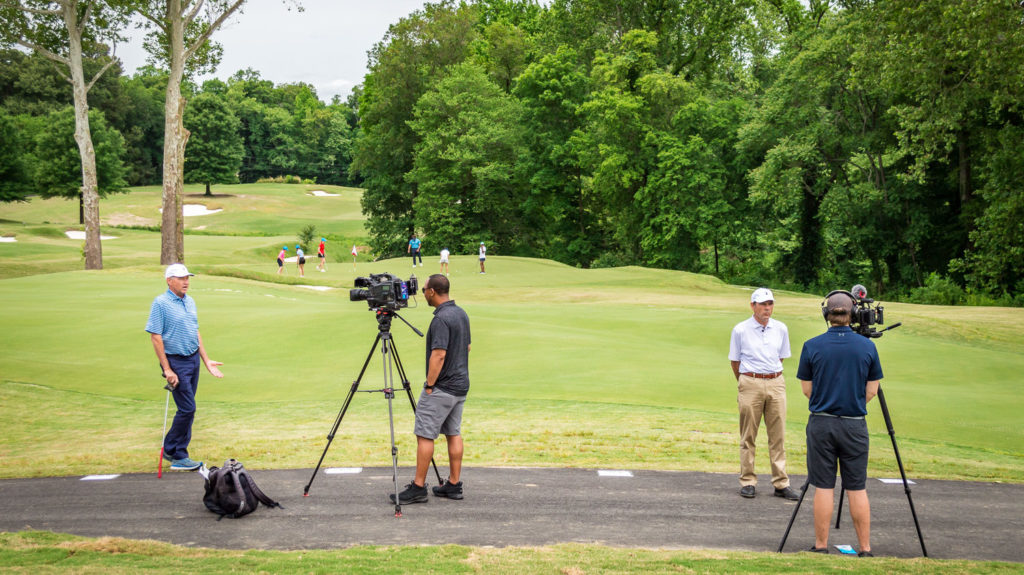

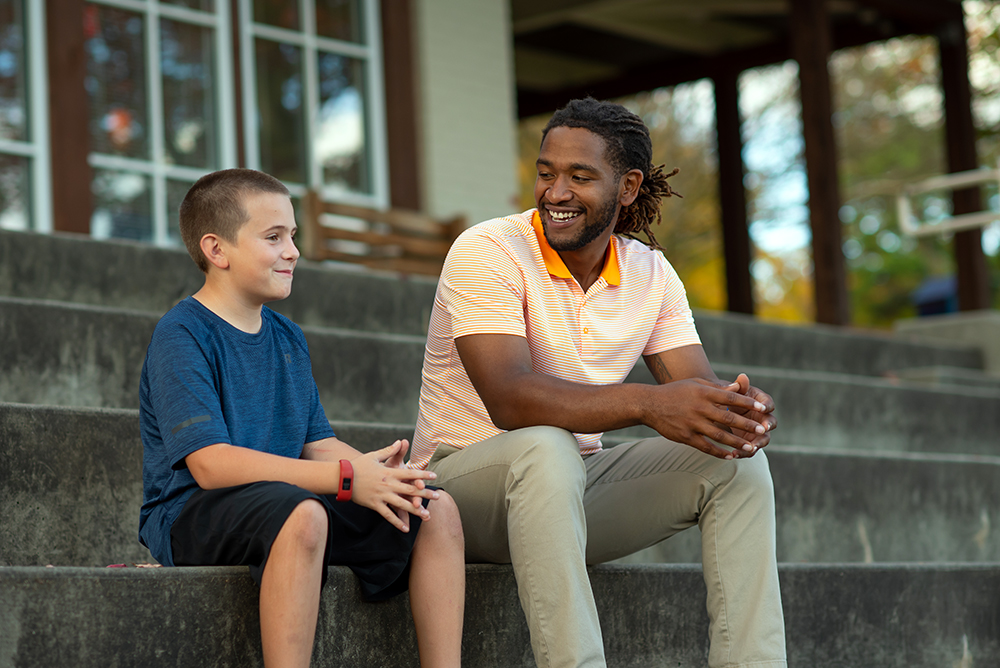 We believe character is learned, cultivated, and shaped by our experiences. At First Tee, we focus on taking the valuable lessons learned on the course, and applying them to everyday lives at school, at home, and in our communities. We believe that part of being a good leader and becoming a game-changer involves showing up for others whenever possible. Here are six ways that you can encourage your child to show up and help others:
We believe character is learned, cultivated, and shaped by our experiences. At First Tee, we focus on taking the valuable lessons learned on the course, and applying them to everyday lives at school, at home, and in our communities. We believe that part of being a good leader and becoming a game-changer involves showing up for others whenever possible. Here are six ways that you can encourage your child to show up and help others: 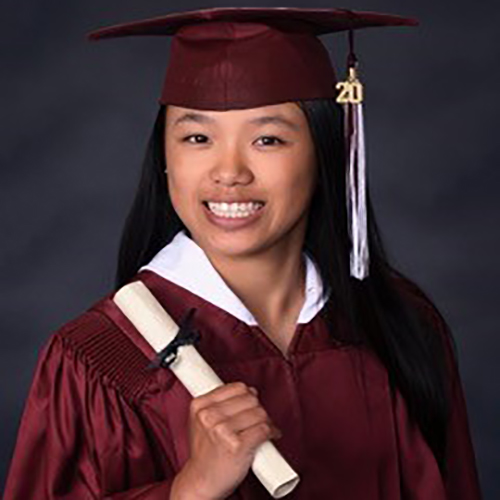
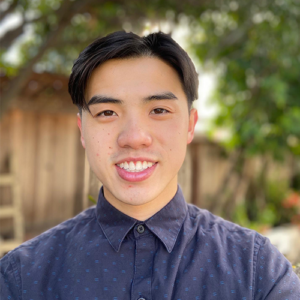 1. Why is mentorship important?
1. Why is mentorship important?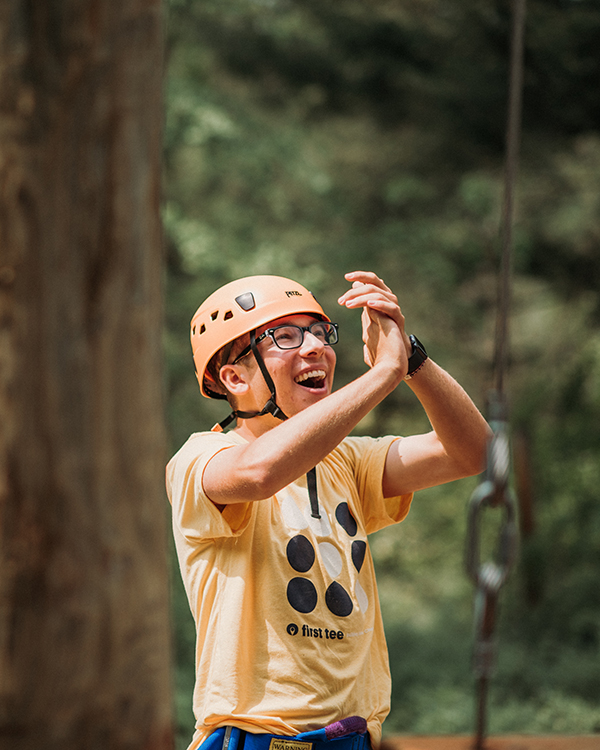 Benjamin Parris, First Tee – Denver
Benjamin Parris, First Tee – Denver